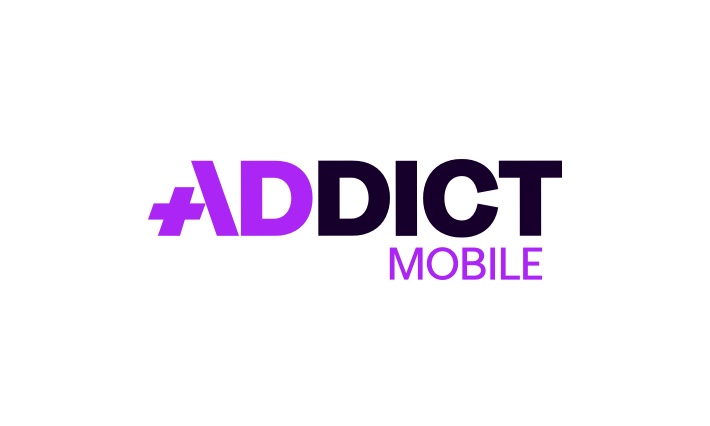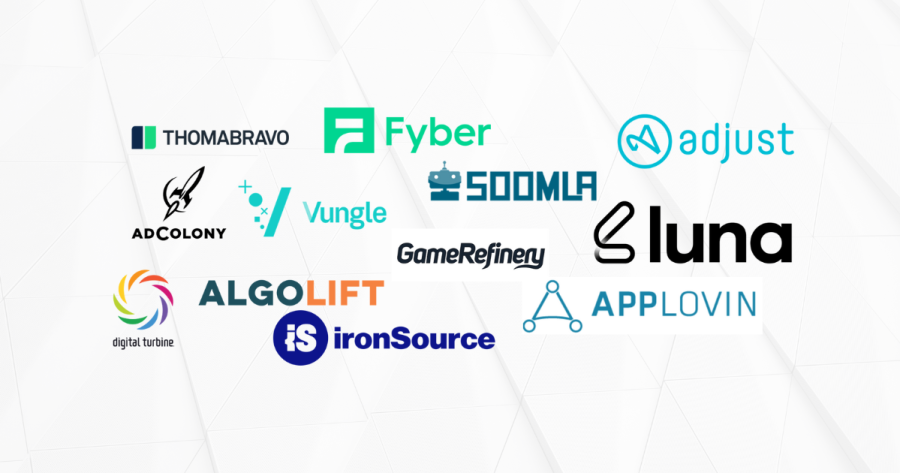Grégoire Mercier interview

Hello, Grégoire. You are Founder and CEO of Addict Mobile a mobile marketing company. Could you briefly describe your background for us? Hello! After studying business, I worked for six years at Gameloft where I supervised the User Acquisition and Monetization Division. I was in charge of multimillion-dollar mobile media buying budgets with a portfolio of over fifteen freemium games on iOS and Android. I left the company in 2012 in order to found, with three friends, Mob In Life, a mobile gaming studio, and then Addict Mobile in 2015. What is the concept behind Addict Mobile? Addict Mobile is a mobile marketing company specialized in promoting apps and mobile websites. We manage advertising budgets with the objective of displaying ads in a range of mobile apps and websites. The goal is to generate traffic for our advertisers on those apps/sites. To this end, we utilize dedicated technologies to optimize ad display and manage advertising campaigns in response to the behavior of the users we track. In other words, we focus our investments on users and sources that generate the highest usage rates for our clients. Before Addict Mobile, there was Mob In Life, a mobile-game developing studio. Why did you start a new company? How did you get the idea to get into adTech? At first, my associates and I wanted to create an app development—and more specifically game development—studio. But as we tried to manage the marketing of our own apps, and as we got to know other startupers, we quickly realized how hard it is to efficiently promote an app or a service in the mobile environment. The market is very fragmented, and the technologies are very different on desktop and on mobile. There is also a lot of fraud, and marketing can be very costly if you’re unfamiliar with this marketplace. So we began developing technology in-house to better promote our apps, and we realized that this technology may be used to benefit other companies. Shortly thereafter, we signed on our first clients who were very satisfied with our services. And so we realized the potential we had on the market. Concentrating on marketing, rather than on development, came naturally. In fact, we decided to focus on this area because there was high demand for technologies dedicated to cost-effectiveness. What was your biggest challenge in switching over from Mob In Life to Addict Mobile? Is Mob In Life gone for good? For a year and a half we continued to carry on both activities. Half of our team focused on app development, the other half on mobile marketing company. The latter division of the company experienced strong growth, and thus demanded a lot of attention on our part. The most complex challenge was to stay focused on each activity, even while they were worlds apart:
- Different time frames: in the case of games, one year’s production, during which there are no revenues, versus a service activity that is able to generate revenues more quickly
- Different teams
- Different targets: B2C versus B2B
- Their need for cost-efficiency in marketing campaigns;
- What it means to integrate third-party technologies into their apps (cost of development involved in integrating an SDK, etc.);
- Their specific needs in terms of reporting, analyzing the results, and optimizing.
ACTUALITÉS
Article en relation

Cityscoot rolls out its app across Europe and…
Cityscoot is the number one service for self service electric scooters. Launched in 2016 in Paris, the brand has rapidly expanded to...
Publié le 7 April 2021
The mobile app ecosystem is consolidating!
The latest major changes in the mobile app ecosystem (privacy, Apple’s ATT Framework, maturity of advertisers.) are forcing players in the mobile ecosystem...
Publié le 1 April 2021
Addict Mobile was awarded during the event Les…
During the event Les Mobiles D’Or, we have been given the award for Mobile Acquisition. It rewards the success of the partnership between...
Publié le 29 März 2021